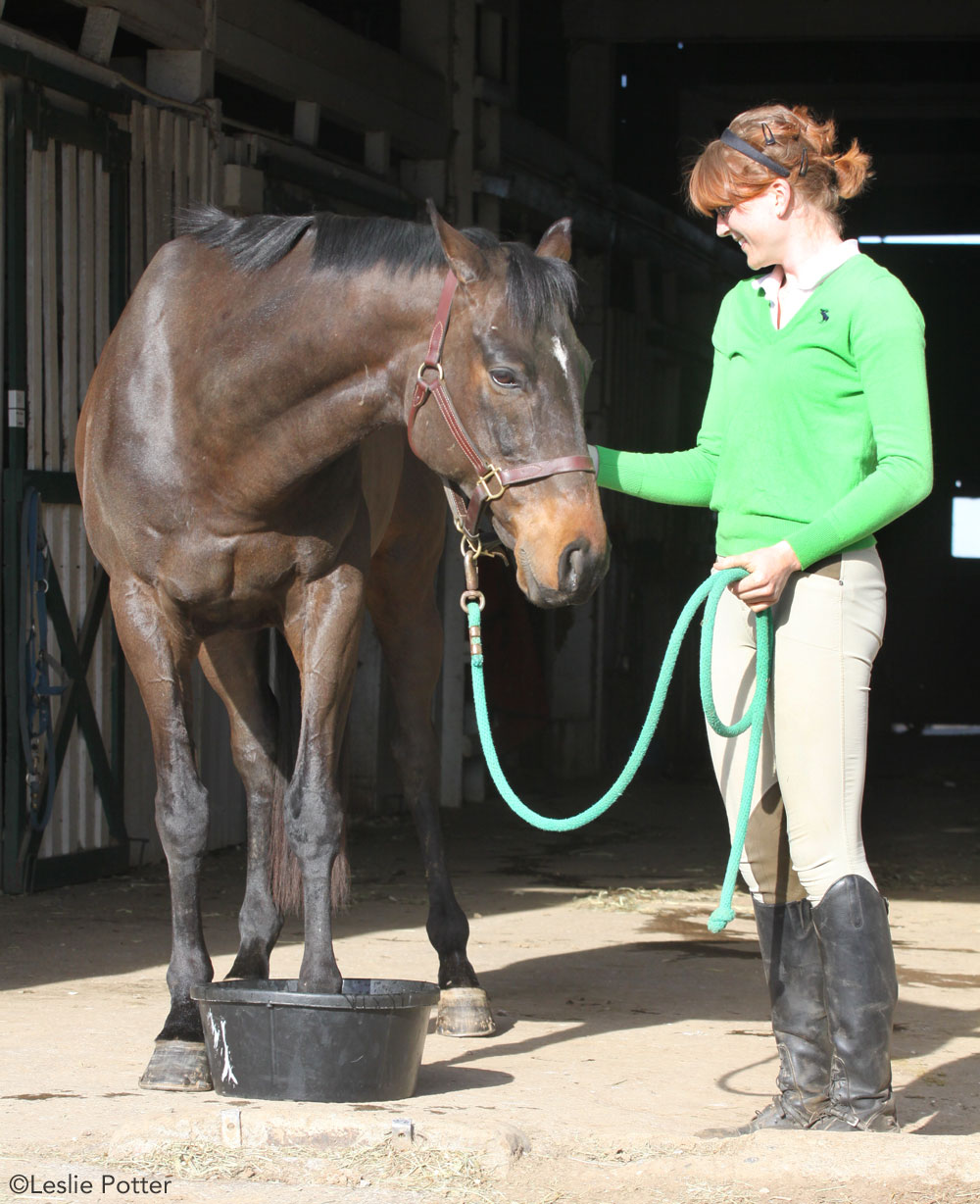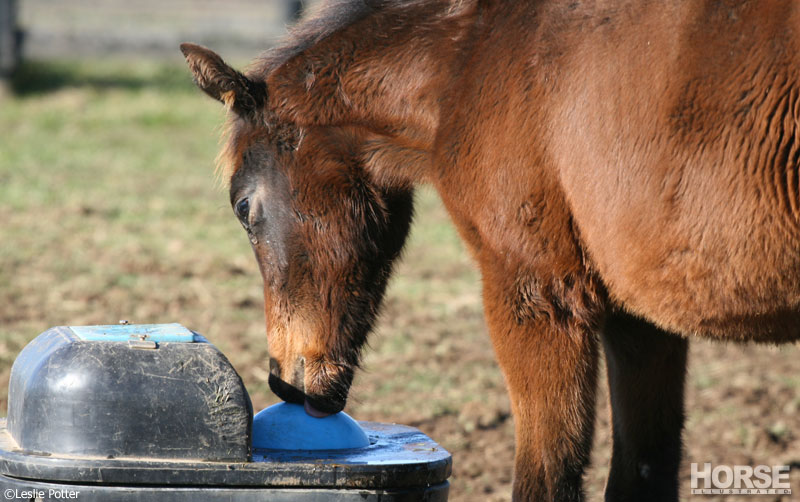Because a number of factors can affect the risks of falling victim to potentially deadly brain-swelling diseases carried by mosquitoes, Purdue University experts recommend that all horses be vaccinated and that people take precautions to avoid mosquito bites. The number of cases of West Nile virus, and Eastern and Western equine encephalitis, can vary due to temperatures, rainfall, regional seasonal differences and bird migratory patterns, according to veterinarians and entomologists. Encephalitic diseases are spread when mosquitoes suck blood from infected birds and then bite people, horses or other mammals. In addition, areas that don’t experience insect-killing frost have a threat of these illnesses almost year-round. In the Midwest, West Nile virus is the most common mosquito-transmitted disease, but outbreaks of the other diseases are possible.
“Because of these variable factors, the chance of contracting one of the mosquito-borne diseases in different parts of the country can change every year,” says William Hope, Purdue equine community practice clinician. “So, we advise that all horses in North America be vaccinated against Western and Eastern equine encephalitis and for West Nile virus.”
Hope says horses must have inoculations early enough in the spring and fall to provide immunity throughout mosquito season. There is no indication that the West Nile shots are harmful to pregnant mares. However, it is best to vaccinate mares before breeding season, Hope says.
The disease now occurs in almost every area of North America.
Further Reading
Vaccination Strategies
What to Expect When Vaccinating






To all my fellow horse owner friends: Please vaccinate your horses for West Nile, and all others for that matter. They are inexpensive considering the consequences. I recently had to put my 19 month old filly down due to West Nile outside of Whitney, TX. Close to home for anyone? Fortunately, she was not in any pain according to the vet, but she was very frustrated because she did not understand why her legs weren’t working. I was spared seeing her in that condition because she lived with my parents while I was in school, but I do wish I could have been there to comfort her while waiting for the vet to arrive. I learned my lesson the hard way, don’t make the same mistake I did and educate yourself on the signs of an affected horse (i.e. loss of coordination), which my horse displayed about 2 weeks prior to her permanently going down. If I would have taken the signs more seriously instead of just thinking she was being clumsy, I probably would have saved her life. If I would have vaccinated her, I would have saved her life.
This is another article you’ve printed that has some very important information that all horse owners should know. I hope they read it.
A lot of great info!
With warmer weather just around the corner, along with the insect diseases, this article is worth rereading.
Good info!
There aren’t many mosquitoes where I live but there are those occasional outbreaks of them.
Cool, thanks Horse Channel!